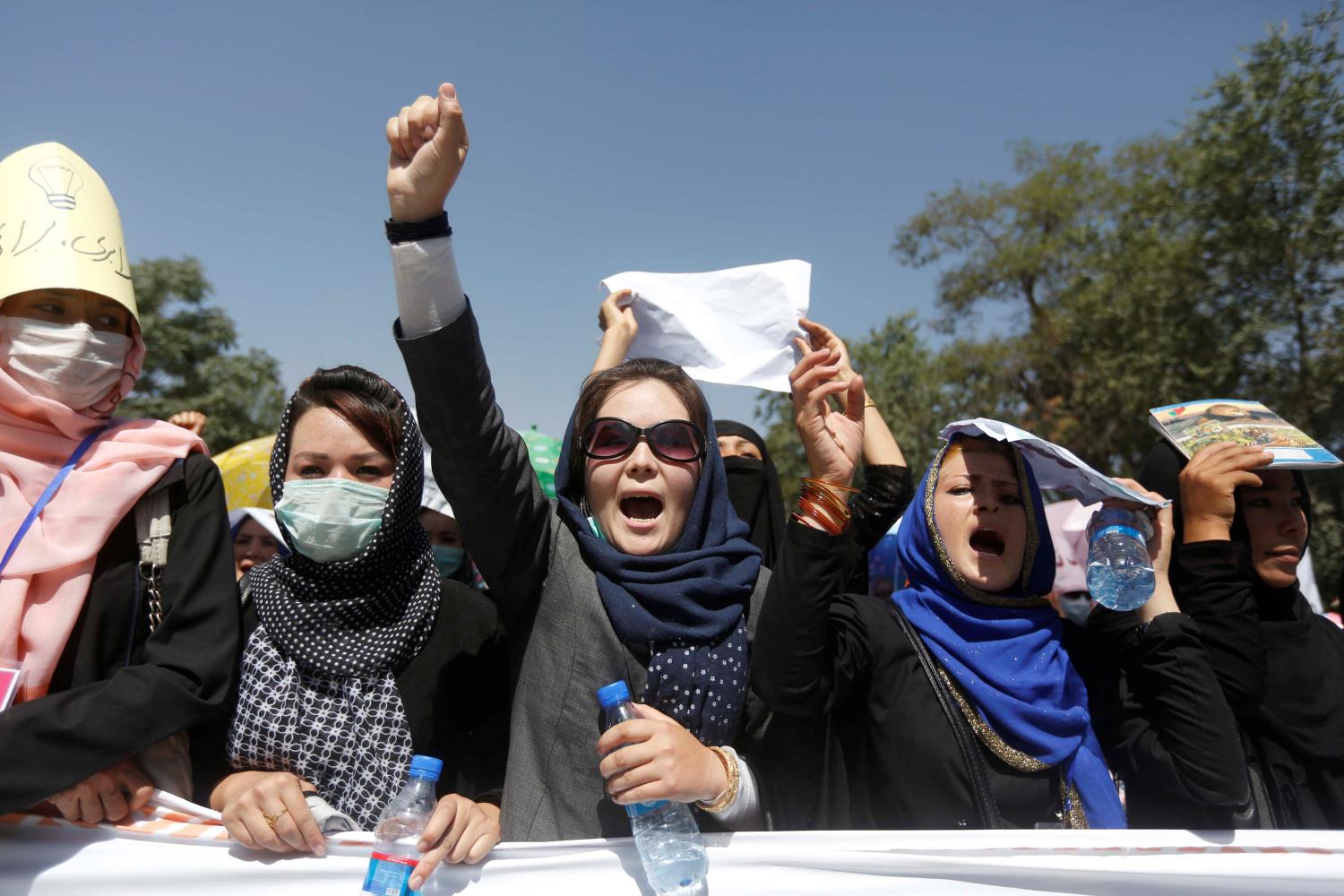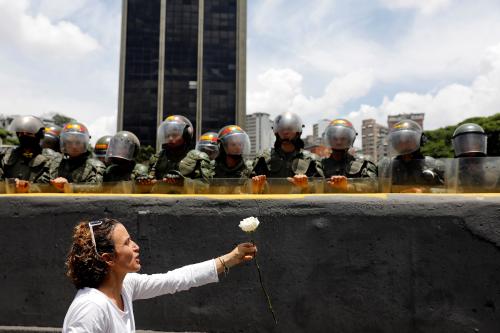This policy brief is part of a series of papers on democracy, security, and violent extremism prepared for the Community of Democracies’ Democracy and Security Dialogue. The project seeks to foster greater collaboration among democratic governments, donors, civil society, and academics to improve security outcomes and create a more conducive environment for the strengthening of democracy around the world.
SUMMARY
A detailed survey of the existing empirical literature reveals a robust but not always straightforward correlation between the strength of democracy and gender equality and gender security. Research concerning this relationship is relatively new and critically important for democracies of all stripes to consider given the strong evidence demonstrating the positive societal effects of gender equality.
Overall, research shows that democracy and gender equality form a mutually reinforcing relationship in which higher levels of liberal democracy are a necessary but not sufficient condition for higher levels of gender equality and physical security of women. In addition, higher levels of gender equality are strongly correlated with a nation’s relative state of peace, a healthier domestic security environment, and lower levels of aggression toward other states. Strategies to strengthen democracy and human rights, therefore, should emphasize female empowerment, accountability for attacks against women and girls, and closing the political and economic gender gap. Similarly, efforts aimed at achieving gender equality should emphasize more inclusive societies, including attention to such factors as race, age, ethnicity, religion, and sexual orientation. The international community should work collaboratively with civil society and the private sector to prioritize policies designed to mainstream gender equality across the board.
*This brief was written with invaluable assistance from Anton Wideroth, Carlos Castillo and Hannah Bagdasar and with expert feedback from Melanne Verveer, Ingrid Bego, Simone Young, Meghan Bastick, Marie O’Reilly, and researchers at the Institute for Security Studies, as well as members of the Community of Democracies Governing Council and Civil Society Pillar.
The Brookings Institution is committed to quality, independence, and impact.
We are supported by a diverse array of funders. In line with our values and policies, each Brookings publication represents the sole views of its author(s).





